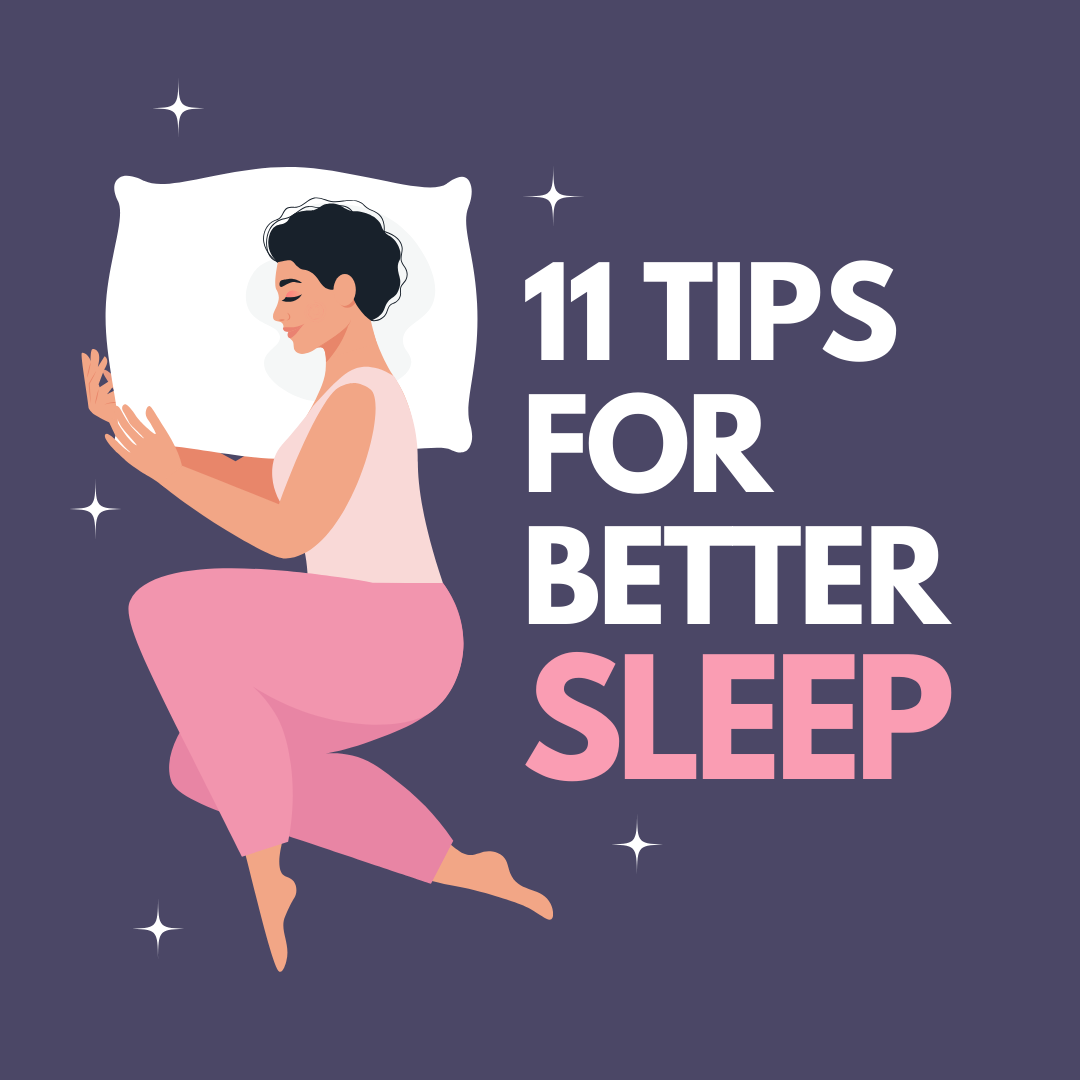Sleep. That elusive, precious commodity we all crave. But for many, a good night’s rest feels like a distant dream. If you’re constantly tossing and turning, struggling to fall asleep, or waking up feeling groggy, you’re not alone.
But don’t despair! With a few tweaks to your routine, you can reclaim those restful nights. Here are 11 tips to help you conquer the night and wake up refreshed:
1. Establish a Consistent Sleep Schedule:
Consistency is Key: Go to bed and wake up around the same time each day, even on weekends, to regulate your body’s natural sleep-wake cycle (circadian rhythm).
2. Create a Relaxing Bedtime Routine:
Wind-Down Time: An hour or two before bed, dim the lights, take a warm bath, read a book, or listen to calming music. Avoid screens (phones, tablets, TV) as the blue light emitted can interfere with melatonin production.
3. Optimize Your Sleep Environment:
Make it Cozy: Ensure your bedroom is dark, quiet, and cool. Invest in a comfortable mattress, pillows, and bedding. Use earplugs or a white noise machine to block out distractions.
4. Limit Daytime Naps:
Short & Sweet (If Necessary): If you must nap, keep it short (20-30 minutes) and avoid napping late in the afternoon.
5. Get Regular Exercise:
Physical Activity: Regular physical activity can significantly improve sleep quality. Aim for at least 30 minutes of moderate-intensity exercise most days of the week. However, avoid vigorous exercise close to bedtime.
6. Watch Your Diet:
Avoid Heavy Meals Before Bed: A light, healthy snack is fine, but avoid large meals or sugary foods before bedtime. Limit caffeine and alcohol intake, especially in the evening.
7. Rule Out Medical Conditions:
Consult a Doctor: If you consistently struggle with sleep, consult a doctor to rule out any underlying medical conditions such as sleep apnea, restless legs syndrome, or thyroid problems.
8. Consider Natural Remedies:
Explore Options: Some natural remedies like chamomile tea, valerian root, and melatonin may promote better sleep. However, consult with a healthcare professional before trying any supplements.
9. Practice Relaxation Techniques:
Mindfulness & Deep Breathing: Techniques like deep breathing exercises, meditation, and mindfulness can help calm your mind and prepare you for sleep.
10. Rule Out Stressors:
Address Concerns: Unresolved stress and anxiety can significantly disrupt sleep. Address any underlying stressors through stress management techniques like journaling, therapy, or spending time in nature.
11. Create a Sleep-Conducive Atmosphere:
Relaxing Ambiance: Make your bedroom a sleep sanctuary. Keep it clutter-free and use calming colors and soothing scents like lavender.
Sweet Dreams!

